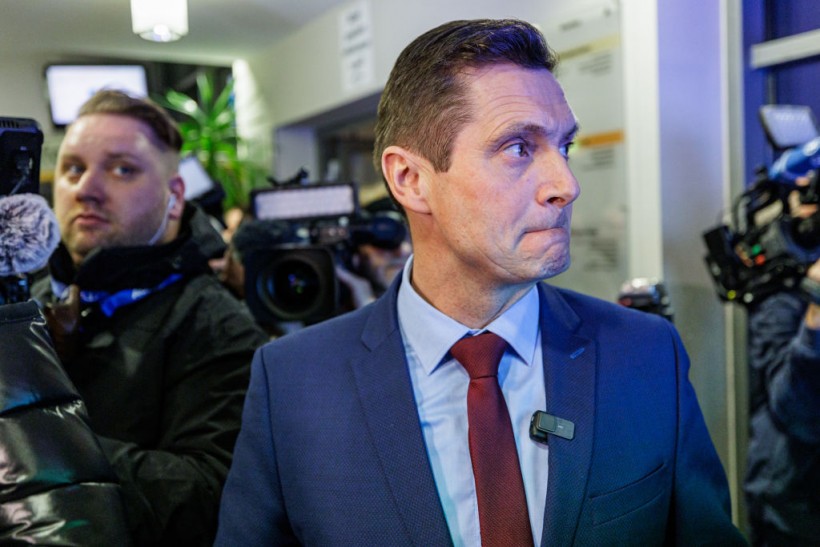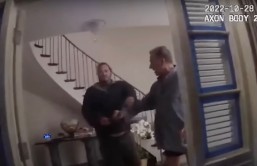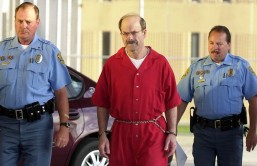Germany's far-right Alternative for Germany (AfD) party loses in a regional run-off in the eastern state of Thuringia on Sunday following the mass deportation controversy.
Christian Herrgott of the conservative CDU beat out the AfD's candidate, Uwe Thrum. Political observers viewed the vote as a barometer for the AfD's popularity during a time when damaging headlines could have impacted its alarming nationwide momentum.
German Elections

Germany's far-right AfD party loss in a regional run-off when the CDU's Christian Herrgott won against Uwe Thrum following the mass deportation controversy.
The regional run-off was the first since Correctiv, an investigative journalism outfit, published a controversial report. It outlined a November meeting where AfD lawmakers and far-right extremists discussed plans for the mass deportation of foreigners and unassimilated German citizens if they take power.
The officials who attended the meeting reportedly included Austrian neo-Nazi Martin Sellner of the Identitarian Movement. The report sparked widespread scrutiny and resulted in numerous demonstrations across Germany.
The protests involved more than 1 million people who turned out to demonstrate against right-wing extremism and for democracy in the country. Thrum led the race safely before the Correctiv report was released, as per DW News.
Two weeks ago, he dominated the general election with 45.7% of the vote compared to Herrgott, who got 33.3%. However, during the vote on Sunday, the AfD candidate only managed to gain 47.6% of the vote compared to the conservative candidate's 52.4%.
Herrgott, the 39-year-old leader of the CDU state party in Thuringia, has been a state parliamentarian since 2014. He will take up his post as district administrator starting on Feb. 9, 2024.
Read Also: Finland Prepares for Presidential Election For First Time as New NATO Member
Election officials said that roughly 69% of the Saale-Orla district's 66,000 registered voters cast ballots during the Sunday vote. In Thuringia, further regional and European Union elections are scheduled to take place in the summer as state elections are scheduled for September.
Many observers were watching the Sunday vote closely to see whether or not both AfD and CDU voters would react to the national debate by coming out in larger numbers. The other possibility was if far-right party supporters would shy away from the event, according to The Guardian.
Mass Deportation Controversy
Many see the recent vote as a prelude to a "super" election year for a state that is governed by a fragile alliance under Bodo Ramelow of his far-left Die Linke, the Social Democrats, and the Greens.
Other mainstream parties have pledged not to go into government with the AfD, which means that the party will be kept out of power. However, the question that is raised now is for how long such a position will be sustainable for Germany.
The protests due to the mass deportation controversy involved residents who carried banners that read, "Nazis, no thank you," "It feels like 1933, AfD ban now!," and "Investigate banning AfD."
In Hamburg, Germany, which is the country's second-largest city, there was a crowd of roughly 50,000 who had to end their protest early due to safety concerns. Additionally, law enforcement personnel on Saturday said that a protest in Frankfurt drew 35,000 people.
The situation was similar to something that the European nation faced as farmers protested and expressed their deep frustration with the center-left-led government's failure to check inflation. They also opposed a decision to scrap diesel tax breaks, said Aljazeera.
Related Article: France Fails To Appease Farmers' Outrage as Demonstrations Continue To Spread








